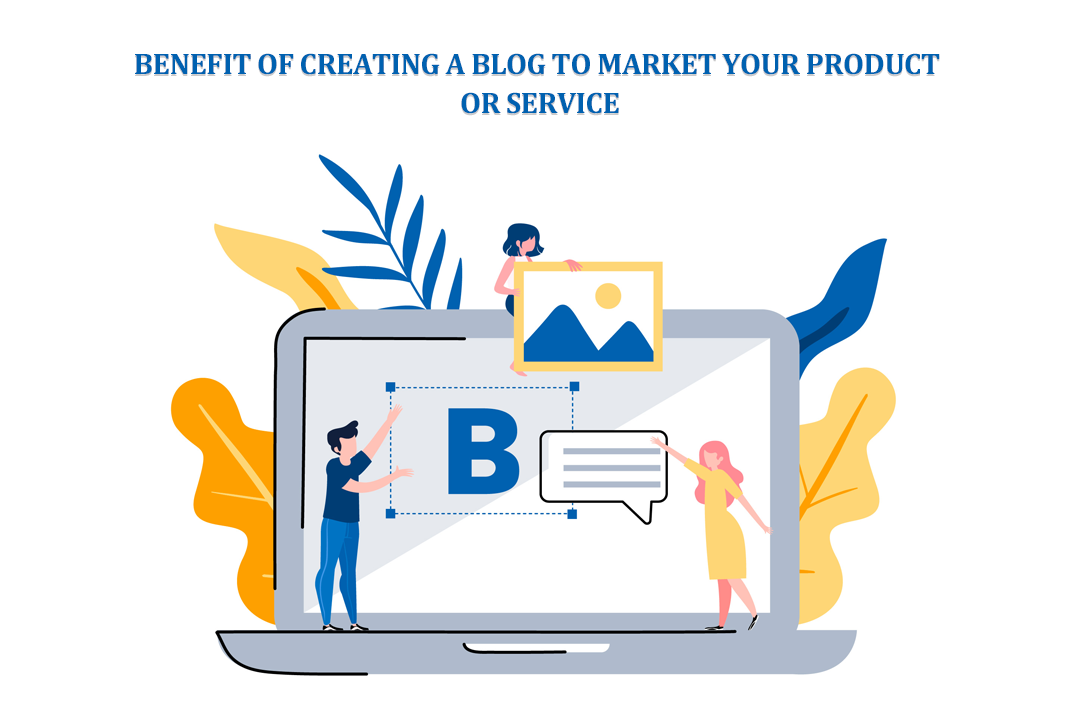
6 Basic Online Security Rules Everyone Should Follow
Nowadays, the internet is dangerous with malware, scams, hacks, cybercriminals, etc. So the devices that are connected to the internet have put us at even greater risk. So, In this article, We have come up with six basic Cyber Security tips that everyone should follow, which may drastically decrease the exposure to all the threats. Cybersecurity is related to the protection of systems, networks, and programs against digital attacks. Cyber-attacks are generally designed to access, alter or destroy sensitive information, extort money from the users, or interrupt normal business activities. One of the security tools used to secure preferred accounts by managing passwords is “CyberArk “. If you are willing to learn more about CyberArk security tools in detail you can attend Cyberark Training . Now, Let’s get started with the basic online security rules everyone should follow!
6 Basic Online Security Rules Everyone Should Follow
- Create Strong Passwords:
It is one of the simplest yet most neglected rules of Internet security. Passwords play an essential role in keeping your account customized. So creating strong, unique passwords for all the websites you log in is very important. Avoid setting the same passwords for all your accounts. If someone can log in to one of your accounts, then they can easily access your other accounts as well. It is safe to set an alphanumeric password that will be difficult to guess. Setting a strong password will protect your personal information and financial information.
Do not share your passwords with anyone. Change your passwords frequently. Avoid setting passwords that can be easily guessable, like your name, date of birth, or any of your personal information. Set up Multi-Factor authentication to stop hackers from accessing your personal accounts and personal information. These additional layers of security will ensure the security of your accounts, even if somebody knows your password.
- Be careful with the wifi:
Ensure that your own wifi networks have strong passwords. And do not forget to change your wifi password frequently. And do not trust the public wifi security and avoid connecting to unsecured public wifi networks.
As your credentials become more secure, make sure your connections are secure. You may be using a password-protected router at home or at work to encrypt your data. When you are away from your home, you may be tempted to use free, public wifi, and they are not always secure to use. This means that accessing your device or information from public wifi is relatively easy for a hacker.
- Do not share your personal data:
When you are signing up on any website, do not forget to read the terms and conditions. And do not share your personal data or financial information on that website. It is good to check the prefix “https://” in the address bar of the browser before you share any particular information, and if you find only “http,” it is not safe.
We find that there are many websites that ask for our personal information online. All you have to do is pay attention to what you share, especially when dealing with your identity information. It may potentially be used for impersonating yourself or guessing your passwords, logins, and security questions.
- Ensure that your devices are safe:
Do not forget to use passwords or screen locks, or other security features to lock your devices. Use passwords or security options such as face scanning, fingerprint readers technology. They will protect you from hackers. It is advised to secure all your devices like Mobiles, tablets, computers, and other smart TVs and smartwatches.
- Keep an eye out for software updates:
Quickly install the software updates, particularly if they involve important security upgrades. Set up auto-updates on your devices to make sure that you don’t miss any of them, and it ensures that you get the latest security updates. It is good to turn on auto-update on your tablet, computer, and mobile. So that you need not have to worry about it and ensure your security software is configured to perform regular scans.
- Practice Safe surfing and shopping:
When you are shopping online, providing your credit card details or financial information, or visiting websites to carry out online banking or sensitive transactions, verify the address of the website. The “https” website is safe and uses encryption to scramble the data to prevent them from being intercepted by the identity thief. In addition, be aware of the websites that have spelling errors or incorrect grammar on their addresses. They may be risky websites.
Always pay attention to what you do online, the sites you visit, and the information that you share on social networking sites, etc. Use complete security software, and be sure to backup your data regularly in the event of a problem. By following these basic internet measures, you will be able to protect yourself from malware and identity theft and protect your financial and personal information safe.
There are many online threats today that are according to phishing and social engineering. That is where you are being misled by disclosing personal or sensitive information for untrue/fraudulent purposes. Spam emails, bogus “free” deals, online quizzes, clickbait, and more all use these tricks to make you click on unsafe links or abandon your personal information. Always beware of deals that seem too good to be true or demand too much information.
All the above were some basic online security rules that everyone must follow to protect their details from hackers. They will help you to be safe online to some extent.



